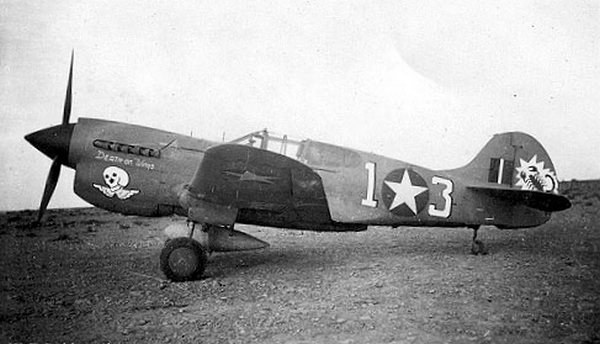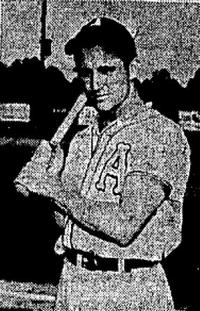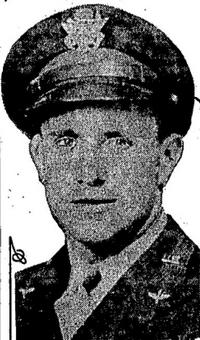

Go on, why not sponsor this page for $5.00 and have your own message appear in this space. Click here for details |
World War II Hero of the Minor Leagues
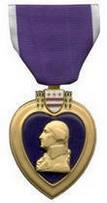
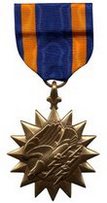
 Bobby
Byrne Jr
Bobby
Byrne Jr
Date and Place of Birth: January 24, 1917 St Louis, Missouri
Died: April 10, 1993 Philadelphia, Pennsylvania
Baseball Experience:
Minor League
Position: Outfield
Rank: Major
Military Unit: USAAF
Area Served: Mediterranean Theater of Operations
During his three seasons in Organized Baseball, young Bobby Byrne attracted little attention, for he was only an outfielder in the lower minors. Today, there is no man to whom baseball points with greater pride.
The Sporting News April 29, 1943
Byrnes
signed his first professional contract with Knoxville of the Southern
Association in 1939 and was assigned to the
Mount Airy Graniteers of the Bi-State League, the Waterloo Red Hawks of the
Three-I League and the Ashland Colonels of the Mountain State League that year. He was with Ashland and
Salem-Roanoke of the Kitty League in 1940, and batted .230 in 61 games with Ashland
in 1941 before enlisting at Jefferson Barracks, Missouri on August 12.
Byrne served
as an aviation cadet with the Army Air Corps and was assigned to Hemet,
California and then Taft, California. He received his pilot’s wings at Luke
Field, Arizona on March 6, 1942. He was an instructor at Tallahassee, Florida,
before going overseas in September 1942.
Second
Lieutenant Byrne arrived in Egypt with the 64th Fighter Squadron of
the 57th Fighter Group in September 1942. “I’ll get a Jerry for each
one of you at home,” he wrote in a letter received by his father on October 10,
1942.
On his first
sortie flying a Curtis P-40 Warhawk protecting a fighter-bomber attack on enemy
landing grounds at El Daba in Egypt, Byrne shot down a German Messerschmitt 109
fighter. Byrne later described to the Associated Press how he maneuvered against
one German fighter for a burst from his guns, pulled away and saw three more
below him, which he plunged into with guns blazing. He saw one burst into
flames.
“It thrilled
me to tears,” his mother told The Sporting News, “when the newspapers
called me early in the morning to tell me what Bobby had done in his first
combat in Egypt. Of course, I’ve steeled myself to expect good news with the
bad, but after all I’m a mother and when you’ve got your only two boys in the
aviation service, it puts you a little on edge.”
On January
12, 1943, Byrne was wounded during aerial combat. Shortly afterwards he received
the Distinguished Flying Cross and Air Medal to accompany the Purple Heart.
On April 18,
1943, Byrne shot down a further three enemy airplanes over Tunisia and added
another two on April 26 to bring his tally to six and make him one of the
leading aces in the Army Air Force at the time.
Promoted to
the rank of captain, he returned home to the United States during the summer of
1943. On September 11, he married Miss Bonnie Dean at Kellogg Field, Michigan,
and then took up an assignment as an instructor at an army air field in New
York. He was later stationed in North Carolina and worked as a test pilot rising
to the rank of major.
His younger
brother, Bernie Byrne, also served with the Army Air Force in WWII, he was
stationed in the Mediterranean and China-Burma-India Theaters as a fighter pilot
and was credited with two enemy planes shot down.
Bobby Byrne
passed away on April 10, 1993. He was 76 years old and is buried at Philadelphia
Memorial Park in Pennsylvania.
Created June 7, 2007. Updated June 19, 2008. Copyright © 2008 Gary Bedingfield (Baseball
in Wartime). All Rights Reserved.